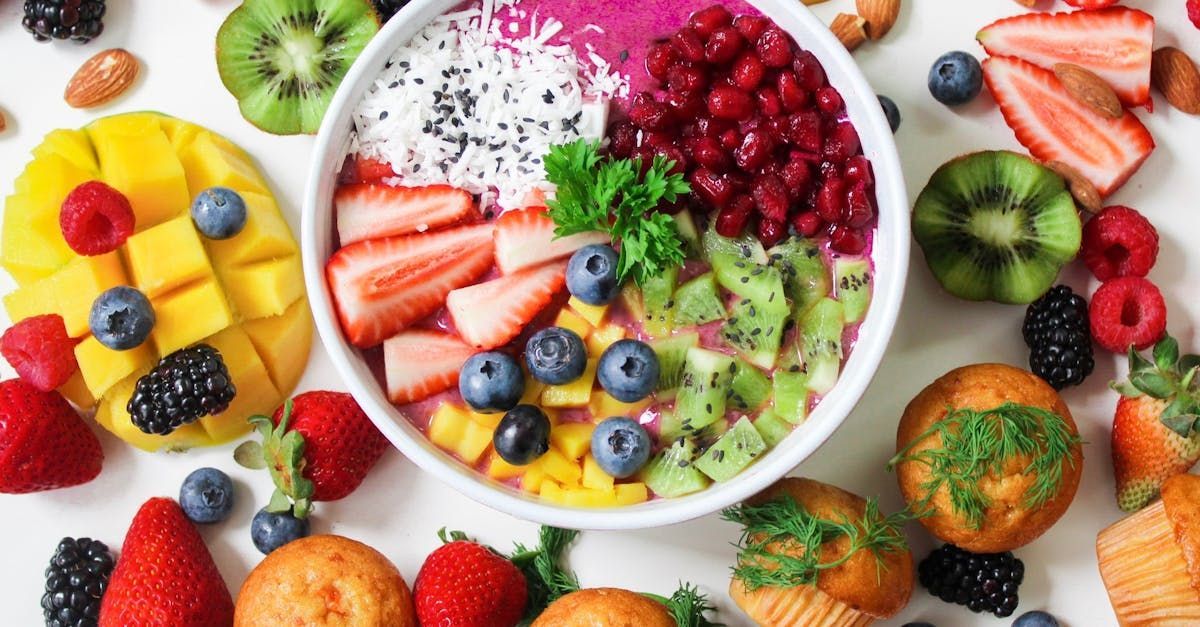Debunking Nutrition Myths: A Nutrition Coach's Perspective
As a certified nutrition coach, I've encountered countless misconceptions about food and nutrition. These myths can lead to confusion, frustration, and even unhealthy eating habits. Let's debunk some of the most common ones and set the record straight.
Myth 1: All Carbs Are Bad
One of the most pervasive myths is that all carbohydrates are bad for you. While it's true that refined carbohydrates found in processed foods can contribute to weight gain and health issues, complex carbohydrates found in whole grains, fruits, and vegetables are essential for providing energy and fiber.
Myth 2: Fat Makes You Fat
For years, fat has been vilified as the enemy of weight loss. However, healthy fats are crucial for various bodily functions, including hormone production, nutrient absorption, and brain health. The key is to choose healthy fats like those found in avocados, nuts, seeds, and olive oil.
Myth 3: Eating Late at Night Will Make You Gain Weight
The timing of your meals doesn't have as significant an impact on weight gain as your overall calorie intake. If you're eating a balanced diet and staying within your calorie needs, it's generally okay to have a light meal or snack before bed.
Myth 4: Eating Small, Frequent Meals Boosts Metabolism
While grazing throughout the day might feel like it keeps your metabolism revved up, there's no scientific evidence to support this claim. The frequency of your meals is less important than the quality and quantity of the food you're consuming.
Myth 5: Artificial Sweeteners Are a Healthy Alternative to Sugar
Artificial sweeteners may help reduce calorie intake, but they're not necessarily a healthier option. Some studies have linked artificial sweeteners to various health issues, including digestive problems and weight gain.
Myth 6: Gluten-Free is Always Healthier
If you don't have celiac disease or a gluten sensitivity, going gluten-free might not provide any health benefits. Many gluten-free products are highly processed and can be high in unhealthy fats, sugar, and calories.
Myth 7: Weight Loss is All About Willpower
While willpower plays a role, weight loss is a complex issue influenced by various factors, including genetics, hormones, and environment. A sustainable approach to weight loss involves making healthy lifestyle changes and seeking support from a qualified professional.
Remember, nutrition is a personalized journey. What works for one person may not work for another. If you have questions or concerns about your diet, consult with a registered dietitian or certified nutrition coach.
~ Jeffrey Davis Certified Personal Trainer & Nutrition Coach ~











